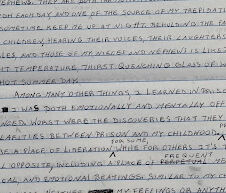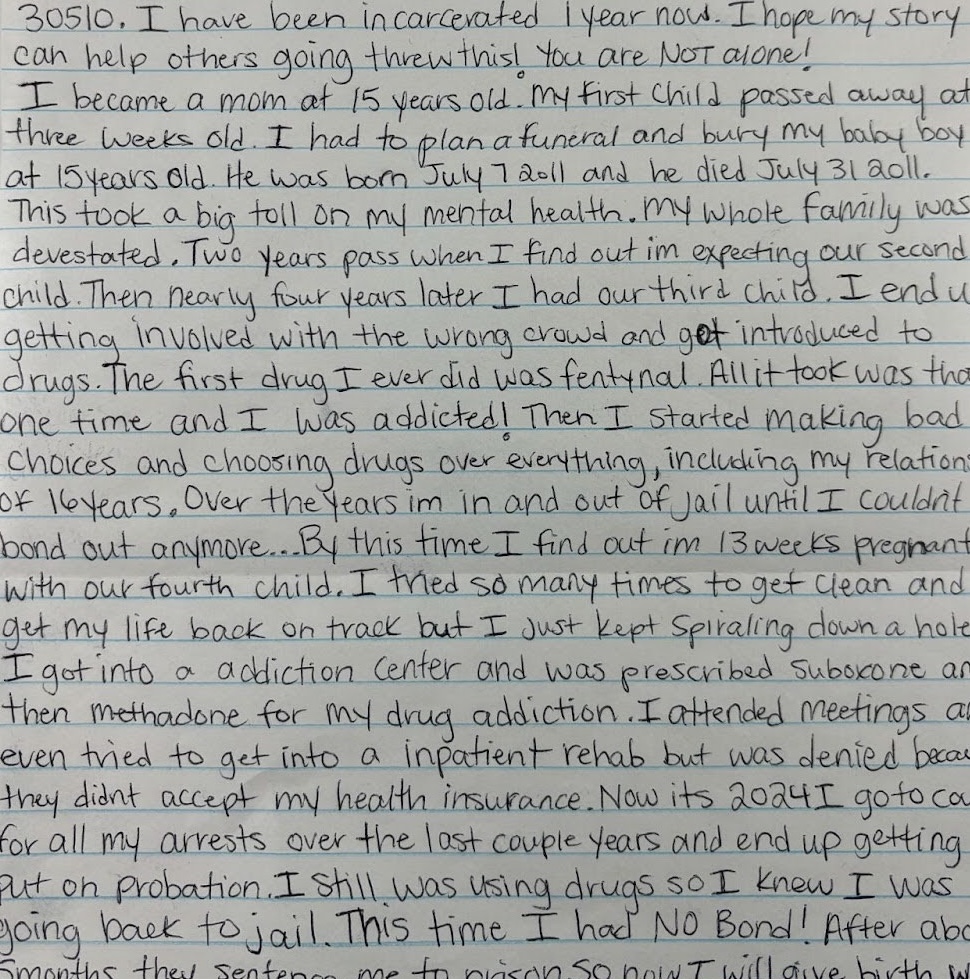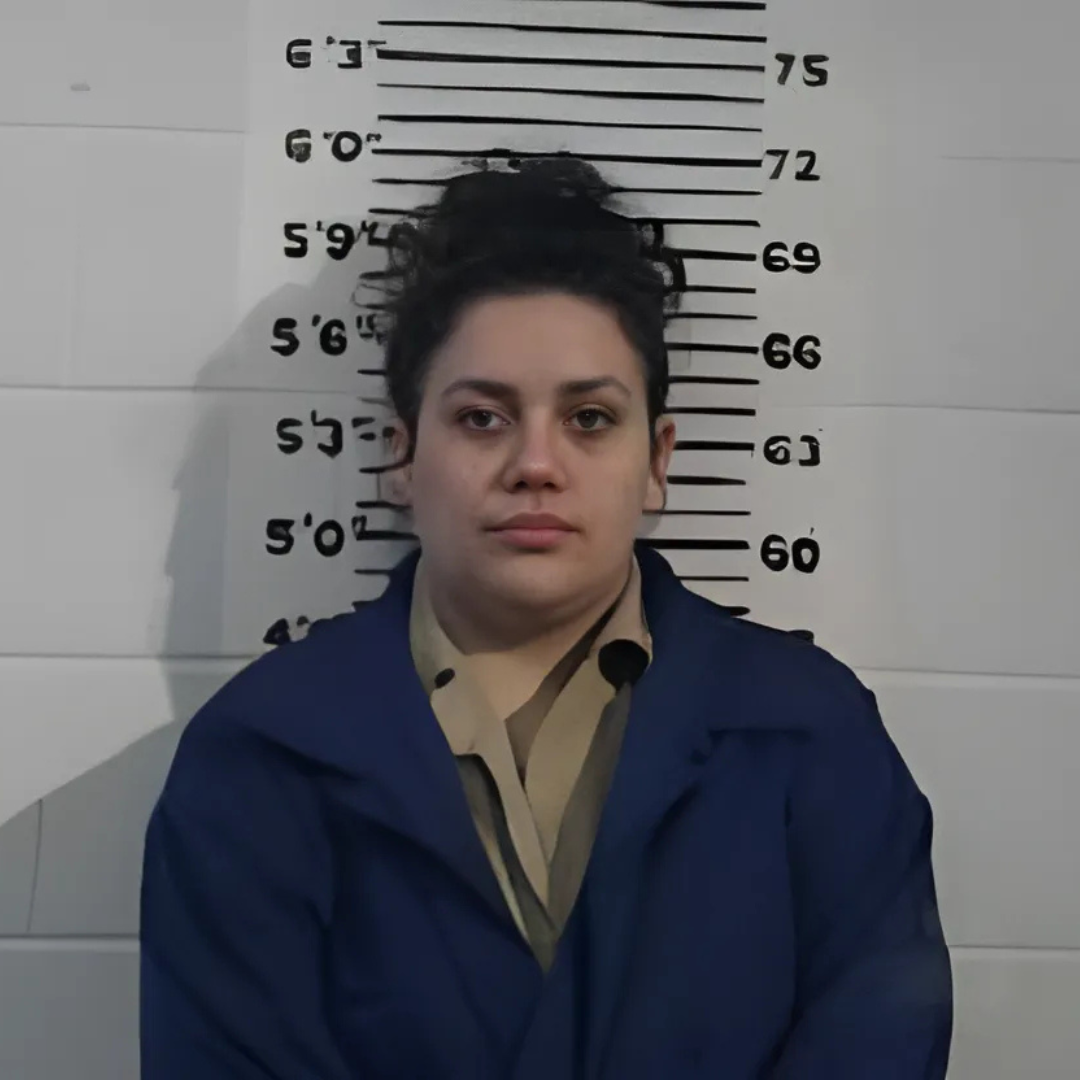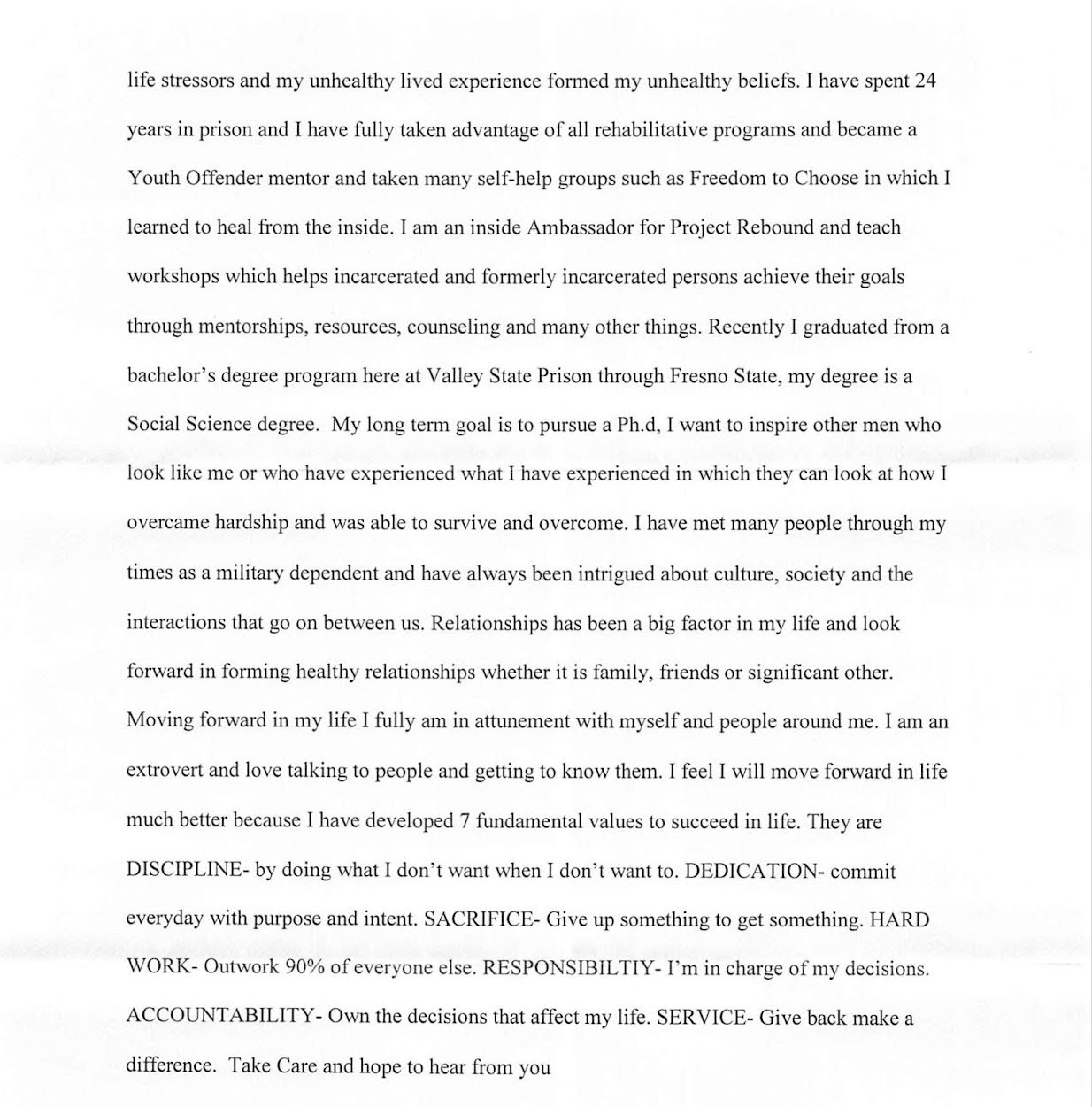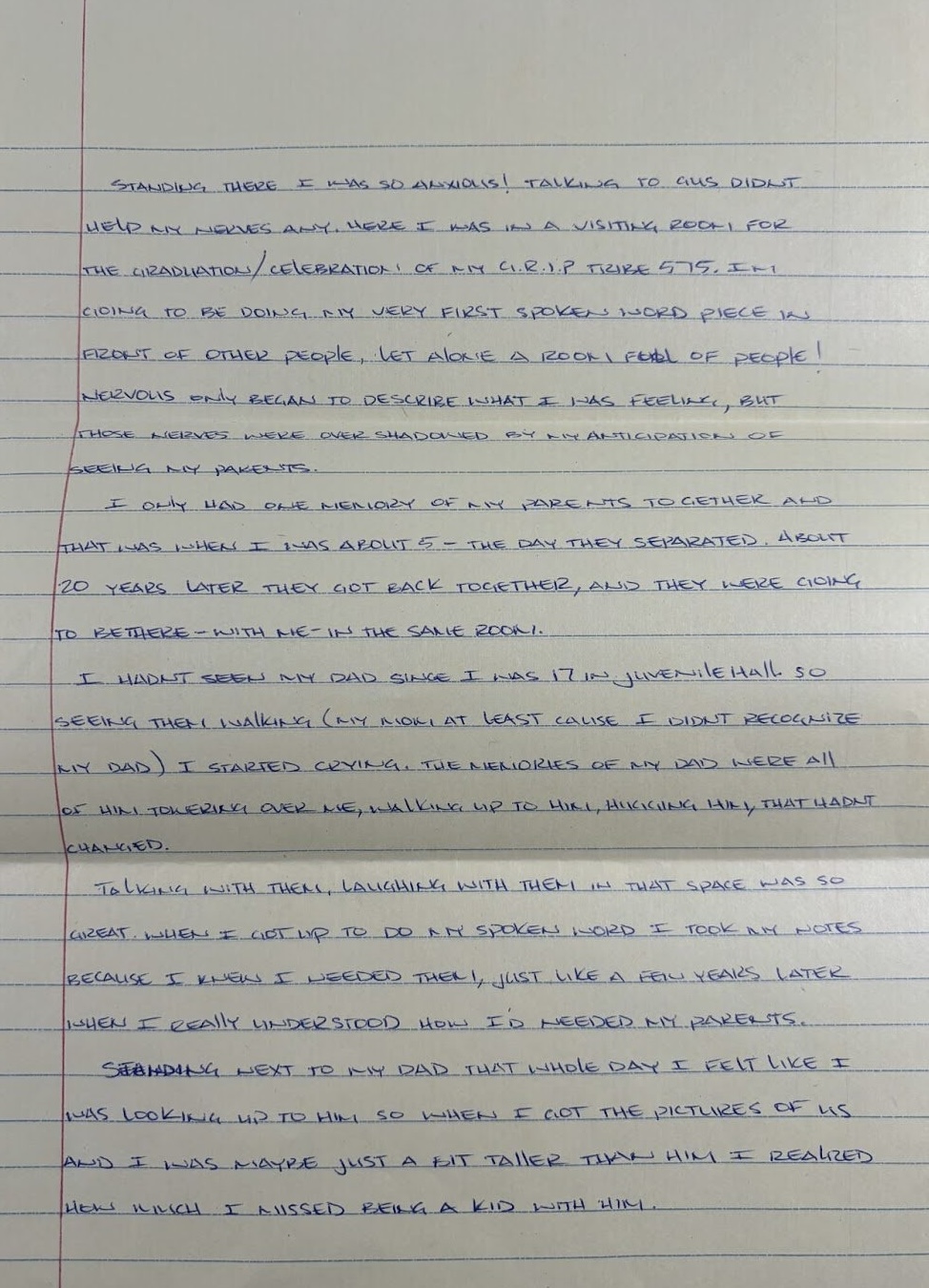I’ve learned in prison that I was both emotionally and mentally off-balanced. Worse were the similarities between prison and my childhood.
The common aphorism, “You don’t know what you got until it’s gone,” rings no truer than with my kids. I am cuckoo about them and my nieces and nephews. They are all the motivation that gets me through each day. They are also the sources of my trepidations that sometimes keeps me up at night. Beholding the faces of my children, hearing their voices, their laughters and giggles, and those of my nieces and nephews is like the thirst-quenching glass of water on a hot summer day.
I’ve learned in prison that I was both emotionally and mentally off-balanced. Worse were the similarities between prison and my childhood. Prison can be a place of liberation for some, while for others it’s the total opposite, a place of frequent mental, physical, and emotional beatings. Similar to my childhood, here neither my feelings nor anything I say matters. The truths are considered to be lies, and the lies told about me are considered to be gospel; the caretaker is the abuser and the bully. I didn’t have a place of refuge while growing up, no one that I could trust and rely on for help; therefore, when needs or hunger came, which was regular, or when physical, emotional abuse came, I just accepted it, again, similar to prison.
Other ways that prison reminds me of my childhood is lack of help, and hunger. For reasons I will never know, other than two couples when growing up, people were unwilling to help me. In prison, all of my pleas and requests for help throughout the years were either completely ignored, or I was told they couldn’t help me. Child or adult in prison, it does not matter. Finding help has been an issue since childhood. For example, when I was younger, I lived with two family members. My late half-brother, who was my caretaker, was not around and my cousins, who never offered me any assistance, not even to bathe me or wash my clothes, which I didn’t know how to do then. Like everything else, being hungry in prison is no different from being hungry when I was growing up. It was and is a regular thing. My first prison-hunger incident, I was so hungry that I ate my nails to the flesh. I ate my own flesh! I didn’t realize it until I saw blood on my shirt and dripping down from my fingers. Even stranger still, I can’t recall tasting or drinking any blood, which I know surely had happened. Another time, I was so famished that I became delusional. For several minutes I kept opening and closing an empty food storage bin because each time I was convinced that I saw a piece of white bread in it. There never was.
The things I went through as a child, while growing up, are still happening now. Thus, my trust in people is extremely limited. From 1-10, ten being a lot of trust, I am between 1.6-1.4. I am trying to trust because I need to survive; and all relationships require a level of trust. For a very long time I thought something was wrong with me. For people to have treated me the way they did. I reasoned then that I must have done things to people for them to treat me so badly and I was just swimming in denial; I didn’t want to take responsibility for my wrong doings. Now, I know I was not treated poorly because something was wrong with me, it was the hand I was given. I hope and strive for a better ending for my kids and myself.

